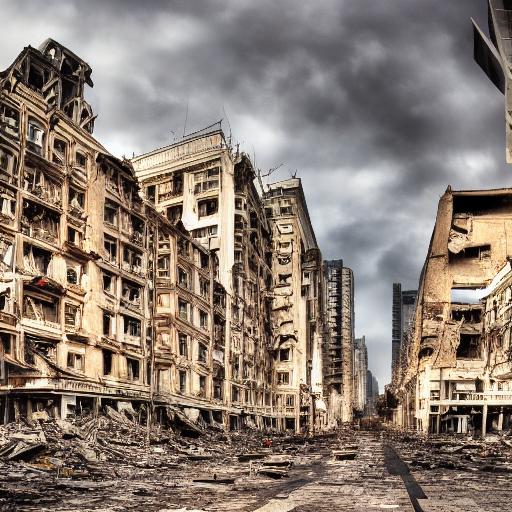Recently I was asked to compare and contrast the Anti-Vietnam War Protests of the mid to late 1960’s and early 1970’s with the current Pro-Palestinian, Pro-Gaza, and Anti-Israel protests, largely on college campuses. I was very active in activities against the War in Vietnam while in college and graduate school. I have some regrets at some of the stupid things I said and did. Therefore I try to understand the current demonstrators. I had a ox being gored—fear of being drafted. Thus, I had a personal stake in the actions. Today’s students have no such stake. It is especially notable that most of the groups opposing Israel’s stance in the Gaza War have no stake whatsoever in that part of the world.
Tag Archives: Israel-Hamas war
Reimagining Indian Intervention in the Israel-Hamas Conflict – by Ainesh Dey and Diksha Gupta
India’s Non-Linear Engagement in the Region:
Abstract
This article delves into the broader geo-strategic positioning of India against the backdrop of the brewing conflict between Israelis and Palestinians.
As the Israel-Hamas conflict rages on, India’s dehyphenation policy calls for valuing independent relationships with Israelis and Palestinians on their merit.
As reflected in her latest statements in the UN Security Council, India unequivocally hit upon the need for the resumption of direct dialogue and the overall de-escalation of tensions.
Proposal: Peace, Justice + Reconciliation – by Abraham Avrum Ber ‘Avi’ Hoffman
Disclaimer: I am not a politician or a diplomat and I am not yet involved in political activism. I am just trying to do what I can to offer some ‘context’ as an entertainer by profession and an activist for Jewish culture and Yiddish language. I grew up in, and love the concept and potential of the very young State of Israel.
Preamble:
According to Nobel Prize winning author Isaac Bashevis Singer, Yiddish is:
“a language of exile, without a land, without frontiers, not supported by any government, a language which possesses no words for weapons, ammunition, military exercises, war tactics.”
Reading this over and over made me wonder if perhaps there is a lesson to be learned from Yiddish history and ‘experience’ that might offer a clue to creating an environment for Peace, fulfilling the ‘Hope’ of the Jewish people for thousands of years, to be a free people in our own country. Free from hatred, free from violence and free to pursue Life, Liberty and Happiness in our own democratic home – with all the complications democracy brings – in peace and harmony with our neighbors and the world.
Continue reading Proposal: Peace, Justice + Reconciliation – by Abraham Avrum Ber ‘Avi’ Hoffman
Israel and Free Speech on America’s Campuses – by Elwood Watson
VIEW FROM BEYOND THE TRIBE
Debates over free speech have deeply immersed themselves into the fabric of our culture over the past few years. Wild and sharp finger-pointing has gone in both directions.
A Cornell University junior accused of posting violently threatening statements against Jewish people on campus was held without bail. While we take some measure of relief in knowing that the alleged author of the vile anti-Semitic posts that threatened our Jewish community is in custody, it was disturbing to learn that he was a Cornell student, Cornell President Martha E. Pollack said in a message to the university community.
On college campuses, pro-Israel and pro-Palestinian student groups are weighing in online and in person, with many of their statements and protests provoking strong reactions from the other side.
Continue reading Israel and Free Speech on America’s Campuses – by Elwood Watson


